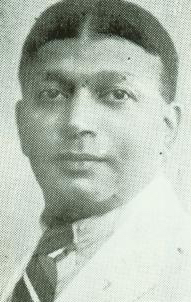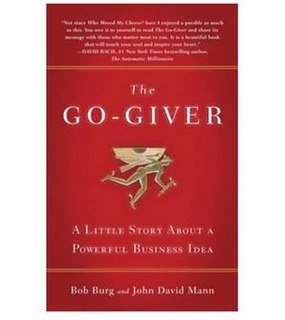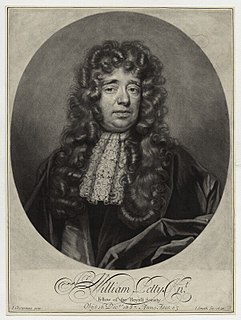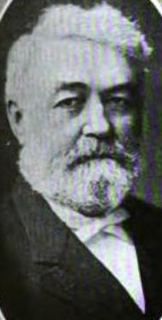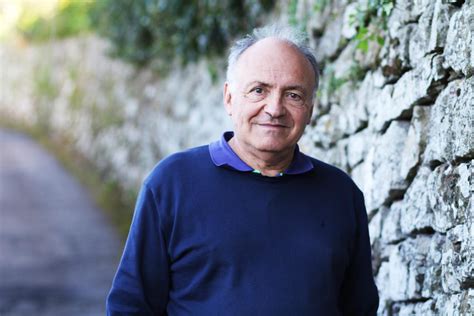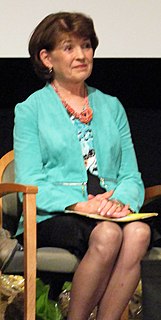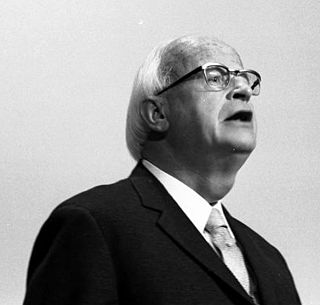A Quote by William James
If theological ideas prove to have a value for concrete life, they will be true, for pragmatism, in the sense of being good for so much. How much more they are true, will depend entirely on their relations to the other truths that also have to be acknowledged.
Related Quotes
Pragmatism asks its usual question. "Grant an idea or belief to be true," it says, "what concrete difference will its being true make in anyone's actual life? How will the truth be realized? What experiences will be different from those which would obtain if the belief were false? What, in short, is the truth's cash-value in experiential terms?
If only we try to live sincerely, it will go well with us, even though we are certain to experience real sorrow, and great disappointments, and also will probably commit great faults and do wrong things, but it certainly is true, thatit is better to be high-spirited, even though one makes more mistakes, than to be narrow-minded and all too prudent. It is good to love many things, for therein lies the true strength, and whosoever loves much performs much, and can accomplish much, and what is done in love, is well done.
Writing a book about [Buckminster Fuller] in the sense of deciding how much to - how much biographically to gloss over and how much I can leave out is relatively easy as it is because the true believers already know everything. They know a lot of things that are not true and they know a lot of things that I thought were (and seems there's very good evidence not to believe) and therefore, my starting point was I think to tell his myth because that's what grabbed me.
It were good to know how much hay an acre of every sort will bear; how many cattle the same weight of each sort of hay will feed and fatten; what quantity of grain and other commodities the same acre will bear in one, three or seven years; unto what use each soil is proper; all which particulars I call intrinsic value, for there is also another value merely accidental or extrinsic.
Something similar happens on the other side of the equation: Giving kindness does us as much good as receiving it. . . . The true benefit of kindness is being kind. Perhaps more than any other factor, kindness gives meaning and value to our life, raises us above our troubles and our battles, and makes us feel good about ourselves.
Writing, therefore, is also an act of courage. How much easier is it to lead an unexamined life than to confront yourself on the page? How much easier is it to surrended to materialism or cynicism or to a hundred other ways of life that are, in fact, ways to hide from life and from our fears. When we write, we resist the facile seduction of theses simpler roads. We insist on finding out and declaring the truths that we find, and we dare to out those truths on the page.
I don't believe that God is a fussy faultfinder in dealing with theological ideas. He who provides forgiveness for a sinful life will also surely be a generous judge of theological reflection. Even an orthodox theologian can be spiritually dead, while perhaps a heretic crawls on forbidden bypaths to the sources of life.
. . . But experience has taught me that you cannot value dreams according to the odds of their coming true. Their real value is instirring within us the will to aspire. That will, wherever it finally leads, does at least move you forward. And after a time you may recognize That the proper measure of success is not how much you've closed the distance to some far-off goal but the quality of what you've done today.

